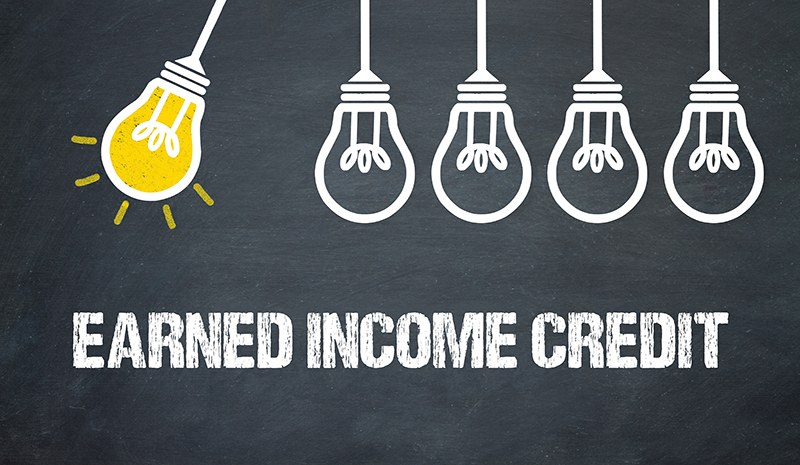Do You Qualify for the Earned Income Credit?
February, 01 2015 by Karen Reed, EA
The Earned Income Tax Credit is available to workers who earn $52,427* or less from wages or self–employment. The credit amount you may be able to receive depends on the amount of income you earn, the filing status you use, and number of qualifying children you have. For the 2014 tax year, the credit ranges from $496 for taxpayers with no qualifying children to $6,143 for those with three or more. EITC is a refundable credit, which means it can reduce the balance you owe, create a refund, or add to an existing refund.
In order to receive the Earned Income Tax Credit, several requirements must be met, and it is not possible to receive it without filing a federal tax return. Most tax preparation programs will alert you to your potential eligibility and take you through a series of questions to determine if you qualify. It is usually the case that, unless all of the related questions are answered, the tax program will not include the credit on your tax return. This is why it is important to complete all of the questions in the Earned Income Credit section of your tax program. To see if you qualify for the EITC, visit the IRS website, which provides an interactive guide to help you determine your eligibility.
*This amount is for taxpayers using the Married Filing Jointly Filing status. The income limit for single taxpayers is $46.997.





